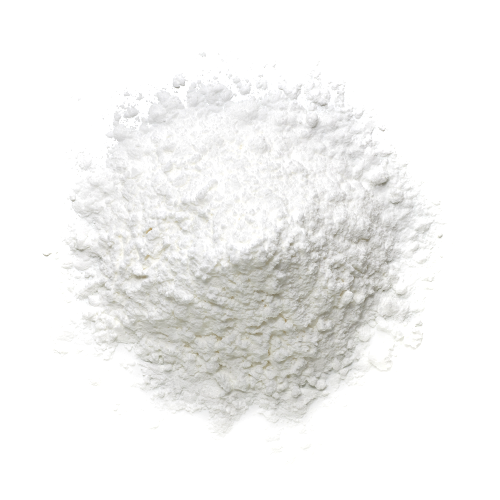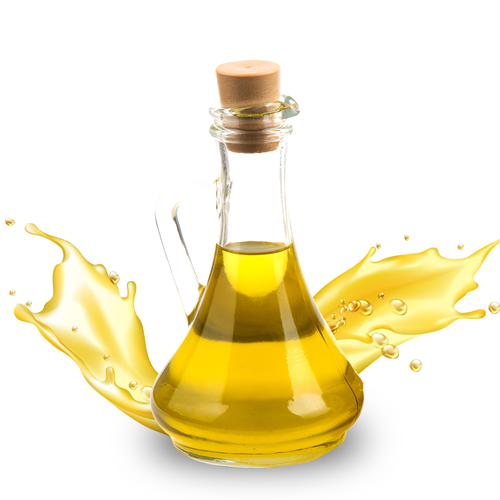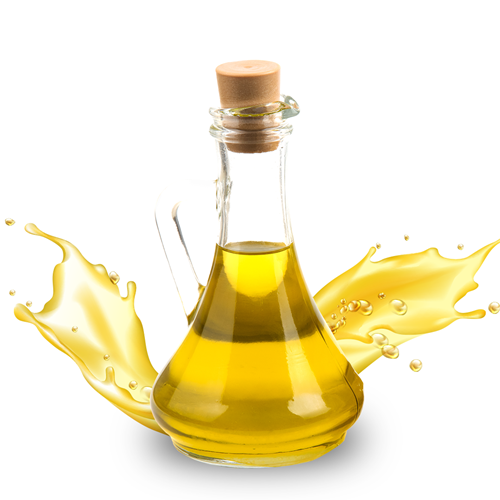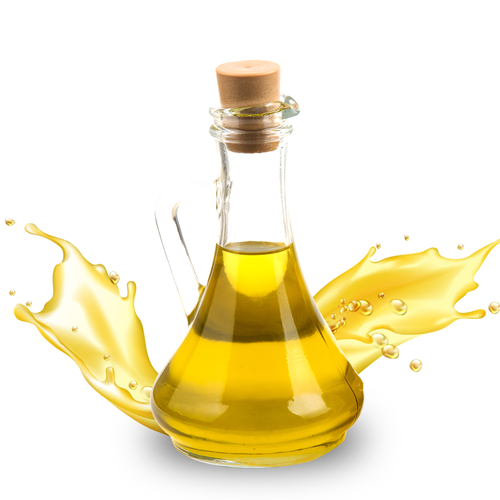Menu
Add description, images, menus and links to your mega menu
A column with no settings can be used as a spacer
Link to your collections, sales and even external links
Add up to five columns
Add description, images, menus and links to your mega menu
A column with no settings can be used as a spacer
Link to your collections, sales and even external links
Add up to five columns
LOOKING FOR BULK INGREDIENTS PRICING?

Benifits Of Cellulase- Wholesale B2B Bulk Suppliers in Europe
Unlocking the Power of Cellulase: A Key Enzyme in Industrial and Nutritional Applications
Introduction to Cellulase
Cellulase is a group of enzymes that play a crucial role in breaking down cellulose—a major component of plant cell walls—into simpler sugars like glucose. Found naturally in fungi, bacteria, and protozoa, cellulase has significant industrial, agricultural, and nutritional applications. With increasing demand for natural and eco-friendly products, cellulase has become essential in various sectors, including food, textiles, biofuel, and dietary supplements.
How Cellulase Works
Cellulase works by hydrolyzing the β-1,4-glycosidic bonds in cellulose. This enzymatic action converts complex polysaccharides into fermentable sugars. The enzyme functions synergistically through three main components: endoglucanases, exoglucanases, and β-glucosidases. Together, they ensure efficient cellulose breakdown, making it possible to convert biomass into usable energy or nutrients.
Industrial Applications of Cellulase
-
Textile Industry: Cellulase is widely used for bio-polishing and bio-stoning fabrics, especially denim. It removes microfibrils from cotton fibers, resulting in a cleaner, smoother fabric.
-
Biofuel Production: In the bioenergy sector, cellulase helps convert plant biomass into ethanol. This makes it vital for the development of renewable fuels.
-
Paper and Pulp Industry: Cellulase is employed to improve pulp properties, enhance drainage, and reduce energy consumption during paper production.
-
Detergent Industry: Many laundry detergents now include cellulase to remove tough stains and improve fabric brightness.
Nutritional and Health Benefits
In the human digestive system, cellulase helps break down plant fibers, enhancing nutrient absorption and promoting gut health. Since humans do not produce cellulase naturally, supplementation through probiotics or digestive enzymes is beneficial, especially for those on plant-rich diets.
-
Digestive Support: Helps in digesting fibrous foods like fruits and vegetables.
-
Blood Sugar Control: By aiding in the slow breakdown of plant fibers, cellulase may contribute to balanced glucose levels.
-
Weight Management: Improved fiber digestion can support a feeling of fullness, potentially aiding in appetite control.
Environmental Significance
Cellulase is considered an eco-friendly enzyme. Its use reduces the need for harsh chemicals in industries and supports sustainable practices in biofuel and waste management. This enzymatic solution plays a critical role in minimizing environmental impact and maximizing efficiency.
Sourcing and Formulation
Commercial cellulase is typically derived from fungal species such as Trichoderma reesei and Aspergillus niger. It is available in powder, liquid, and encapsulated forms depending on the intended use. In supplements, it is often combined with other enzymes to offer comprehensive digestive support.
Final Thought
Cellulase is more than just an enzyme—it's a powerhouse in modern industry and human health. From reducing our reliance on fossil fuels to improving gut health, cellulase proves its versatility and value every day. As consumers and industries seek greener, more effective solutions, cellulase stands out as a natural, sustainable answer to a variety of challenges. Embracing cellulase is not just good science—it's a smart step toward a healthier and more sustainable future.
For bulk orders and inquiries, visit Reveda - Cellulase
BUY ONLINE IN USA FROM REVEDA - The leading manufacturer B2B Bulk Wholesale Supplier of Cellulase in Europe
Also in Reveda: Health & Wellness

Benifits Of Omega-3 Fish Oil EE - 460 MG/G EPA & 180 MG/G DHA - Wholesale B2B Bulk Suppliers in USA
Read More
SUBSCRIBE NOW ...
Don't miss to get latest updates on sales, new releases and promotions

